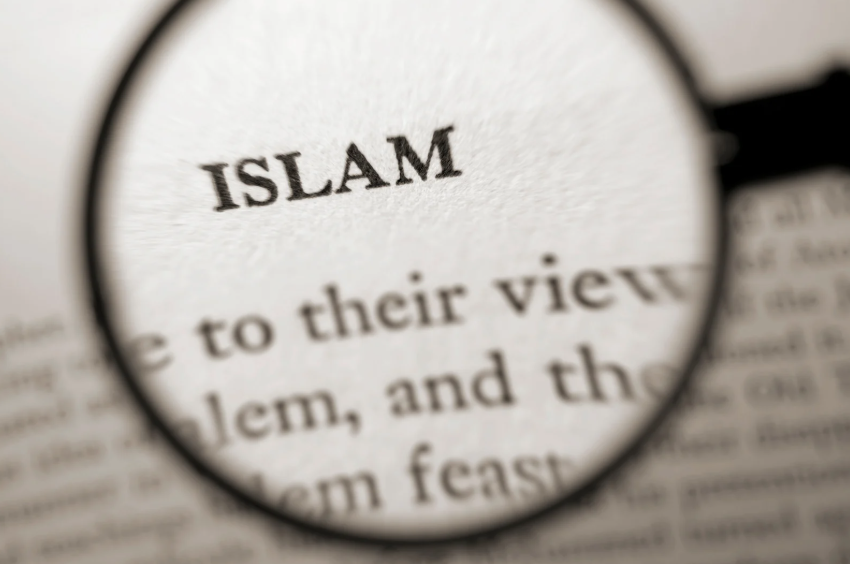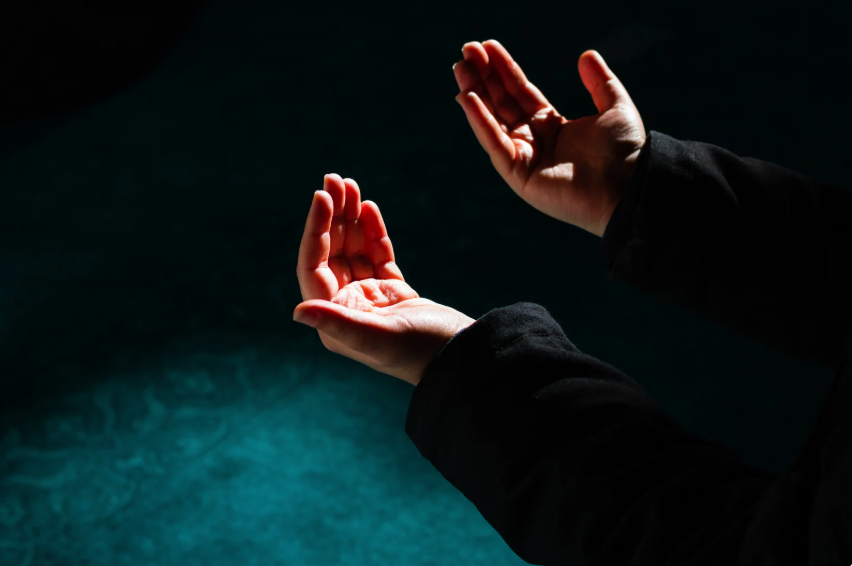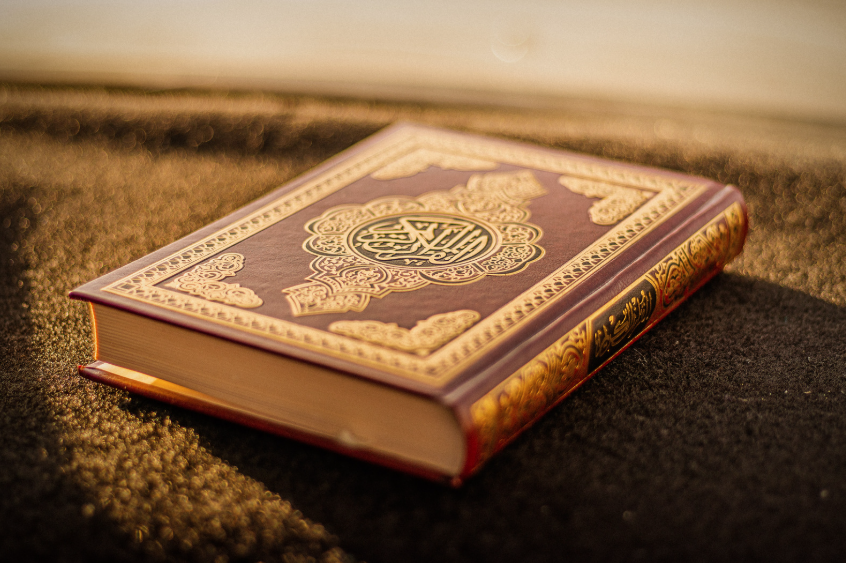
14 June, 2025
Islam is one of the world’s major religions, with over 1.9 billion followers across the globe. Rooted in the teachings of the Prophet Muhammad (peace be upon him), Islam is not just a religion—it’s a complete way of life. In this article, we will explore important facts about Islam religion, covering its origins, beliefs, practices, and its role in modern society.
The word Islam is derived from the Arabic root "S-L-M," which means peace, submission, and surrender. Islam signifies the peace that comes from submitting to the will of Allah (God).
Muslims believe that Islam is not a new religion but the final and complete version of the faith that was revealed to prophets like Noah, Abraham, Moses, and Jesus (peace be upon them all).

Muslims are followers of Islam. They believe in one God (Allah) and follow the teachings of the Prophet Muhammad (PBUH), who is regarded as the last messenger of God.
-
Muslim: A person who submits to the will of Allah.
-
Muslims come from diverse backgrounds, cultures, and ethnicities.
-
Islam is practiced in nearly every country, with significant populations in Asia, Africa, the Middle East, and growing communities in Europe and North America.
One of the most important facts about Islam religion is the central role of the Five Pillars. These are the core practices that every Muslim is expected to observe:
a. Shahada (Faith)
"There is no god but Allah, and Muhammad is the Messenger of Allah."
This declaration is the foundation of the Islamic faith.
b. Salah (Prayer)
-
Muslims pray five times a day: at dawn, noon, afternoon, sunset, and night.
-
These prayers involve recitations from the Qur'an and physical prostrations.
c. Zakat (Charity)
-
Muslims are obligated to give a portion of their wealth (usually 2.5%) to the poor and needy.
-
Zakat promotes social justice and economic balance.
d. Sawm (Fasting during Ramadan)
-
Muslims fast from dawn to sunset during the month of Ramadan.
-
Fasting teaches self-discipline, gratitude, and empathy for the less fortunate.
e. Hajj (Pilgrimage to Mecca)
-
A once-in-a-lifetime obligation for those who are financially and physically able.
-
Hajj occurs annually during the Islamic month of Dhul-Hijjah.
Read More: 5 Pillars of Islam: How to Practice Them in Daily Life
The Qur'an is the sacred text of Islam, believed to be the literal word of God revealed to the Prophet Muhammad (PBUH) over 23 years.
-
It is written in classical Arabic.
-
The Qur'an contains guidance on every aspect of life: spiritual, moral, social, and legal.
-
Muslims recite verses of the Qur'an in daily prayers.
In addition to the Five Pillars, Islam has six core beliefs, known as the Articles of Faith:
-
Belief in Allah – The one and only God.
-
Belief in Angels – Such as Jibreel (Gabriel), who delivered revelations.
-
Belief in the Books of God – Including the Torah, Psalms, Gospel, and the Qur'an.
-
Belief in the Prophets – From Adam to Muhammad (peace be upon them all).
-
Belief in the Day of Judgment – When all humans will be held accountable.
-
Belief in Divine Decree – That everything happens by the will of Allah.

One of the most misunderstood facts about Islam is its relationship with peace. Despite media stereotypes, Islam promotes:
-
Peace and mercy toward all beings.
-
Protection of life, property, and honor.
-
Justice, fairness, and the rights of others.
The greeting "As-salamu Alaikum" means "Peace be upon you" and reflects the core values of the faith.
Islam grants spiritual and legal rights to women, contrary to many misconceptions:
-
Women have the right to education, work, own property, and participate in society.
-
In marriage, both partners have mutual rights and responsibilities.
-
The first convert to Islam was a woman: Khadijah (RA), the Prophet’s wife.
Islam places great emphasis on seeking knowledge:
“Seeking knowledge is an obligation upon every Muslim.” – Prophet Muhammad (PBUH)
-
The first word revealed in the Qur’an was “Iqra” (Read).
-
Islam inspired the development of science, medicine, philosophy, and arts during the Golden Age of Islam.
Q1: Who is the founder of Islam?
A: Muslims believe that Islam was revealed to the Prophet Muhammad (PBUH), but its roots go back to Prophet Abraham and even earlier.
Q2: What is the holy book of Islam?
A: The Qur’an, considered the literal word of God.
Q3: How many times do Muslims pray daily?
A: Five times: Fajr, Dhuhr, Asr, Maghrib, and Isha.
Q4: What does “halal” mean?
A: It means “permissible” and applies to food, behavior, and lifestyle choices.
Q5: Is Islam compatible with modern life?
A: Yes. Islam provides timeless principles that can be applied in any era with wisdom and moderation.

